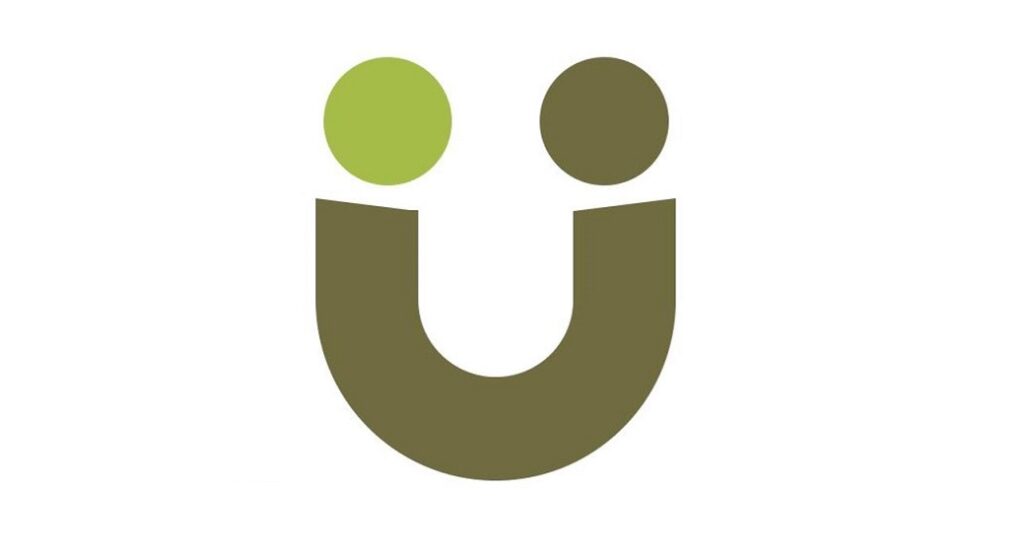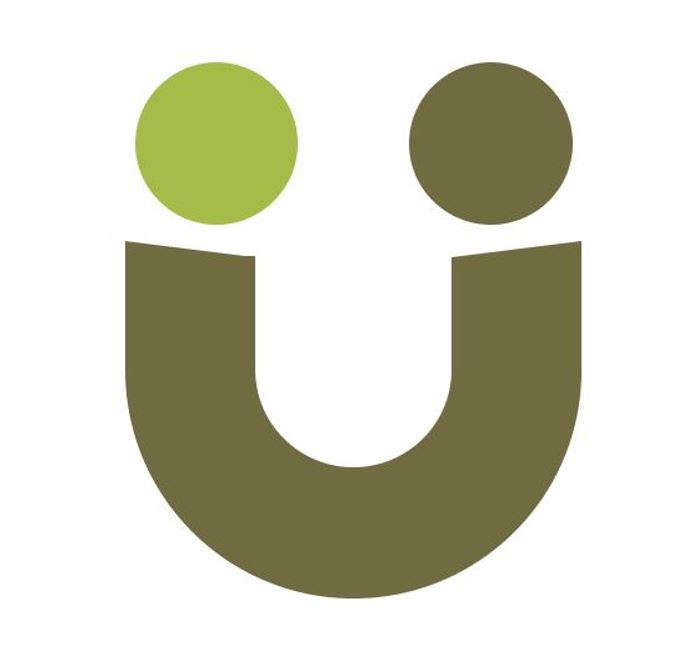Syllabus of UGC NET in Paper 1
Are you preparing for the UGC NET Paper 1 exam? If so, you’ll want to stay informed about the latest syllabus of the UGC NET Paper 1. The UGC introduced significant updates to the syllabus for Paper 1 in January 2019.
Change Number 1: Embracing Current Affairs
The UGC has incorporated several topics, related to current affairs, into the Paper 1 syllabus. These areas not typically covered in traditional textbooks. These topics include Digital initiatives in Education, SDGs, ICT in Education, Mass Media, Data Governance, Climate Change, Renewable Energy, Developments in higher education, Disaster Mitigation etc. To tackle these subjects effectively, you’ll need to explore multiple sources such as government websites, NIC, PIB releases, Parliamentary Questions/Answers, Year-End Achievements, PRS reports, newspapers, and IGNOU notes.
Change Number 2: Introducing New Dimensions
The UGC has introduced entirely new topics, as well in paper 1 syllabus. You’ll now encounter topics like Levels of teaching, Positivism and Postpositivistic approach, Mood and Figure, Formal and Informal fallacies, Connotations and denotations of terms, Indian Logic, Environmental Protection Act (1986), National Action Plan on Climate Change, International agreements/efforts, and more. These additions represent a substantial transformation, accounting for at least 40% of the revised syllabus.
Change Number 3: Mathematical Concepts
In another noteworthy change, the UGC has explicitly included mathematical topics in the syllabus, such as Fraction, Time & Distance, Ratio, Proportion and Percentage, Profit and Loss, Interest and Discounting, Averages, and more. But the questions appears in exam beyond these topics also, like Directions, Number system, Time and work etc.
Stay ahead of the curve by thoroughly preparing with HUMAN PERITUS for UGC NET Paper 1 syllabus. You can conveniently download the PDF version of the syllabus from this page.
-
 ₹3,500.00 – ₹6,500.00Rated 0 out of 5
₹3,500.00 – ₹6,500.00Rated 0 out of 5Prepare with the most trusted guide for UGC NET since 2011. What you will get: Video Classes covering 100% Syllabus Syllabus oriented content (not just random PDFs or class notes....
Syllabus of Paper 1- UGC NET
The syllabus of Paper 1 for UGC NET is sub-divided into 10 units.
- Teaching: Concept, Objectives, Levels of teaching (Memory, Understanding and Reflective), Characteristics and basic requirements.
- Learner’s characteristics: Characteristics of adolescent and adult learners (Academic, Social, Emotional and Cognitive), Individual differences.
- Factors affecting teaching related to: Teacher, Learner, Support material, Instructional facilities, Learning environment and Institution.
- Methods of teaching in Institutions of higher learning: Teacher centred vs. Learner centred methods; Off-line vs. On-line methods (Swayam, Swayamprabha, MOOCs etc.).
- Teaching Support System: Traditional, Modern and ICT based.
- Evaluation Systems: Elements and Types of evaluation, Evaluation in Choice Based Credit System in Higher education, Computer based testing, Innovations in evaluation systems.
- Research: Meaning, Types, and Characteristics, Positivism and Postpositivistic approach to research.
- Methods of Research: Experimental, Descriptive, Historical, Qualitative and Quantitative methods.
- Steps of Research.
- Thesis and Article writing: Format and styles of referencing.
- Application of ICT in research.
- Research ethics.
- A passage of text be given. Questions be asked from the passage to be answered.
Communication: Meaning, types and characteristics of communication.
Effective communication: Verbal and Non-verbal, Inter-Cultural and group communications, Classroom communication.
Barriers to effective communication.
Mass-Media and Society.
- Types of reasoning.
- Number series,
- Letter series,
- Codes and Relationships.
- Mathematical Aptitude (Fraction, Time & Distance, Ratio, Proportion and Percentage, Profit and Loss, Interest and Discounting, Averages etc.).
Understanding the structure of arguments: argument forms, structure of categorical propositions, Mood and Figure, Formal and Informal fallacies, Uses of language,
Connotations and denotations of terms, Classical square of opposition.
Evaluating and distinguishing deductive and inductive reasoning.
Analogies.
Venn diagram: Simple and multiple use for establishing validity of arguments.
Indian Logic: Means of knowledge.
Pramanas: Pratyaksha (Perception), Anumana (Inference), Upamana (Comparison), Shabda (Verbal testimony), Arthapatti (Implication) and Anupalabddhi (Non-apprehension).
Structure and kinds of Anumana (inference), Vyapti (invariable relation), Hetvabhasas (fallacies of inference).
- Sources, acquisition and classification of Data.
- Quantitative and Qualitative Data.
- Data and Governance.
- Graphical representation (Bar-chart, Histograms, Pie-chart, Table-chart and Line-chart) and mapping of Data.
- Data Interpretation.
- ICT: General abbreviations and terminology.
- Basics of Internet, Intranet, E-mail, Audio and Video-conferencing.
- Digital initiatives in higher education.
- ICT and Governance.
Development and environment: Millennium development and Sustainable development goals.
Human and environment interaction: Anthropogenic activities and their impacts on environment.
Environmental issues: Local, Regional and Global; Air pollution, Water pollution, Soil pollution, Noise pollution, Waste (solid, liquid, biomedical, hazardous, electronic),
Climate change and its Socio-Economic and Political dimensions.
Impacts of pollutants on human health.
Natural and energy resources: Solar, Wind, Soil, Hydro, Geothermal, Biomass, Nuclear and Forests.
Natural hazards and disasters: Mitigation strategies.
Environmental Protection Act (1986), National Action Plan on Climate Change, International agreements/efforts -Montreal Protocol, Rio Summit, Convention on Biodiversity, Kyoto Protocol, Paris Agreement, International Solar Alliance.
- Institutions of higher learning and education in ancient India. Evolution of higher learning and research in Post Independence India. Oriental, Conventional and Non-conventional learning programmes in India.
- Professional, Technical and Skill Based education.
- Value education and environmental education.
- Policies, Governance, and Administration.
UGC NET Paper 1
Targeted Preparation plan-
Video Classes
-
e-Books
-
Practice Questions
-
All PYQs solved from 2009 to 2023
-
Fresh Mocks
-
Printed Booklets
-
Doubt Solving - within 1 day
Contact Us

Email: contact@humanperitus.com
Phone: 9717781110
Address: Human Peritus, Floor 5, Building C, Unitech Cyber Park, Gurgaon, 122002
Why Human Peritus ?
-
Quality of Class
Our classes are not just 30,000 feet overview, but with conceptual understanding (only academic learning and no gyan). Only at Human Peritus, you get to speak your doubts in class and not just chat, creating experience of physical class. Click to check some recorded classes.
-
Printed Booklets
Only at Human Peritus, you get concise printed booklets (and not random PDFs or class notes), which covers all keywords of the syllabus. No need to refer any other book. Depend completely upon us. Click to check some printed booklets.
-
Result Oriented
We do not just teach but take responsibility of the outcome. Consistently more than 85% of questions have been from our course.
-
Success Stories
Thousands of students have cracked JRF/NET with Human Peritus since 2011. Click to check their experiences.
-
Continuous Guidance
Dedicated team of NET/JRF qualified 8-10 experts to guide you throughout your preparation journey. Click to check our team.
-
Smart Preparation
While on the one hand we ensure 100% coverage and confidence of having more than 85-90% questions in exam, on the other hand, we also ensure that, you study only what is required for the exam.



